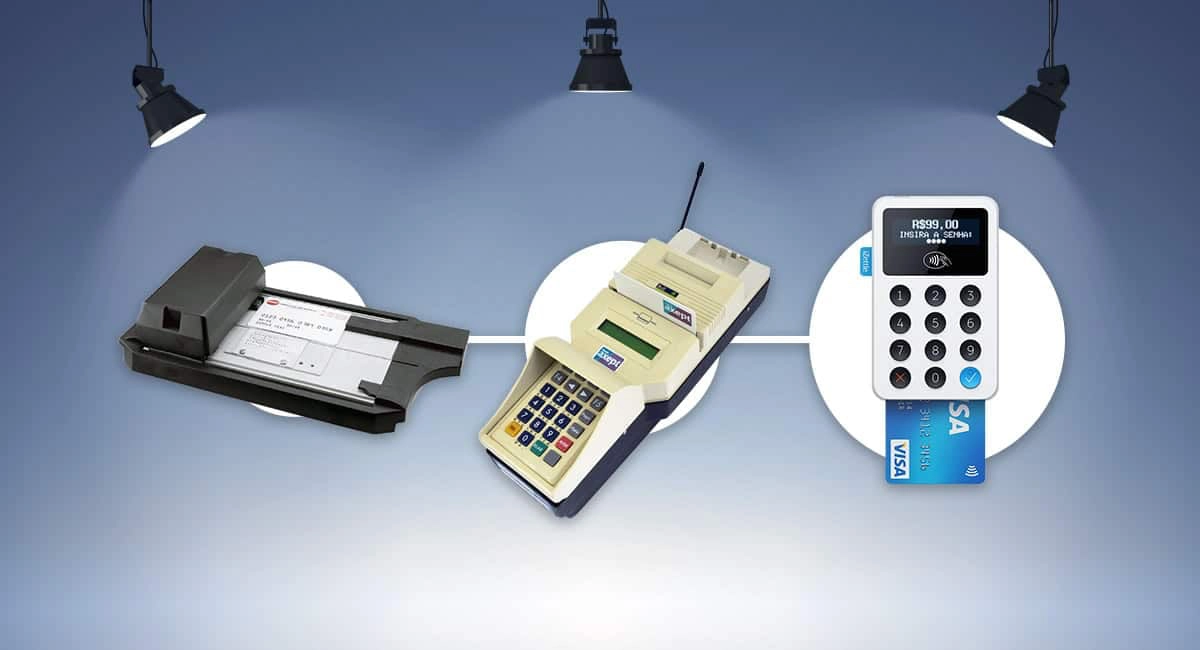For decades, many small businesses have been blindsided by long contracts when signing up for a card machine package. Offenders tended to be traditional merchant service providers, independent sales organisations (ISOs) and acquiring banks with complicated and hidden costs only disclosed during a sales call.
When, a decade ago, new card reader companies started to offer no-contract solutions for a low cost, small businesses could finally buy a card terminal without the consequences of a years-long, expensive contract with high termination fees.
Unfortunately, some slow-moving providers kept signing merchants up for inflexible contracts of 2+ years. In response, the UK’s Payment Systems Regulator made an assessment of the market and started enforcing new rules in 2023.
Let’s look at the new contract restrictions that payment companies must now follow.
Background of problem
The purpose of Payment Systems Regulator (PSR) is to conduct market reviews of payment systems and propose regulatory changes to payment companies so that businesses are treated fairly. Their conclusion published in October 2022 takes aim at merchants’ contract length for card machines.
It was found that small, medium-sized and bigger businesses with an annual turnover between £15,000 and £50 million didn’t benefit from the services of leading acquirers. They tended to pay thousands of pounds more per year than necessary.
Key problems were long contract lengths, lack of transparent pricing (hindering comparison of services) and difficulties switching providers. In response to these issues, PSR issued new regulatory requirements that aim to:
- Encourage merchants to switch to a better contract or negotiate lower fees
- Reduce obstacles to switching, e.g. make fees and terms more transparent
- Incentivise acquirers and payment companies to offer better deals
The requirements take the form of a list of ‘Directions’, first addressed to 14 key payment service providers who are expected to abide by them from 6th January 2023. The rest of the payment market is expected to eventually follow suit.
What are the new rules for contracts?
One of the PSR’s new sets of rules is Specific Direction 16, which focuses on limiting the length of initial terms for point of sale (POS) terminal contracts.
The direction requires directed payment service providers (PSPs) to:
“…ensure, in relation to merchants with an annual card turnover up to £10 million, that merchant contracts which include provision of POS terminals and incur scheduled payments, where that merchant is making use of the directed PSP’s card-acquiring services, do not have an initial term in excess of 18 months and thereafter move to a rolling monthly contract.”
This relates specifically to arrangements that:
- include provision of at least one POS terminal/card machine
- specify at least 2 scheduled payments
- are between a merchant with a card turnover of up to £10 million who uses card acquiring services operated/provided by a PSP, and either:
- a directed PSP, or
- a third party like an ISO or leasing company
In order words, the restrictions do not just apply to the rental or lease contract of terminals – they apply to any contract connected with a card machine, for example credit card processing, terminal software, merchant account and service contracts.
So what are the rules exactly? Specific Direction 16 states that any new, relevant card terminal provision must not have a contract longer than 18 months.
And whether or not there is a lock-in period, the PSP must also turn the contract into monthly-rolling by 18 months, requiring a maximum of one month’s cancellation notice.
In addition, any contract termination fees have to be transparent, cost-based and fully explained before the merchant enters into a contract.
From July 2023, payment companies should also communicate to their merchants at the end of the contract term that they could get a better deal if they look around elsewhere.
Existing POS terminal contracts – started before January 6th 2023 – of longer than 18 months can run their course, but must turn into a monthly-rolling plan at the end of its contract period, with a maximum of a month’s notice required.
Which payment companies does it apply to?
The following 14 payment service providers (PSPs) in the UK must from the 6th January 2023 follow the above rules, as laid out in Specific Direction 16:
- Adyen
- AIB Merchant Services
- Barclays Bank
- Chase Paymentech
- Elavon
- EVO Payments
- First Data/Clover
- Global Payments
- Lloyds Bank
- PayPal
- Square
- Stripe
- SumUp
- Worldpay
If the above PSPs do not directly provide contracts to merchants, but supply their services through a third-party POS terminal provider, they also must ensure that the terminal provider follows Specific Direction 16.
So not only do the contract rules apply to the above-listed PSPs – they also apply to the ISOs and merchant service providers who sell their card acquiring contracts as part of their package. This means pretty much all card terminal rentals on the market in the UK.
If a merchant finds any of the payment service providers to be in breach of the rules, you can report it to the PSR.




